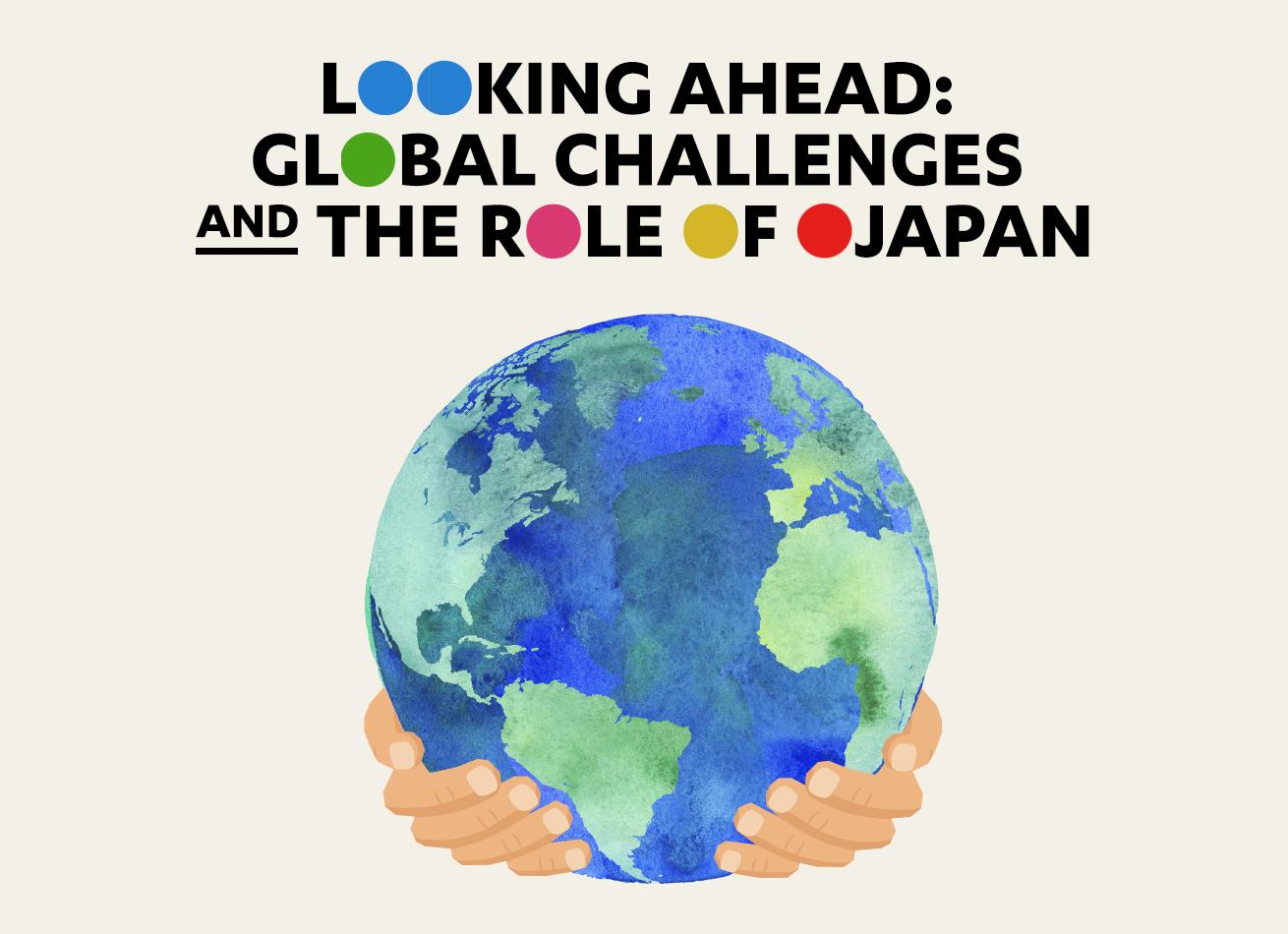Investing in the empowerment of women can unlock the revolutionary level in human potential. Girls and women must have the skills, opportunity And fair playing field necessary to contribute to the wealth and success of their country.
The development assistance strategy of the Japan International Cooperation Agency (JICA) has always placed a high priority on women’s empowerment. Girls and women, particularly those from underprivileged backgrounds and neglected places, have received special attention.
In collaboration with the Textile Division of the Ministry of Commerce, JICA has been sponsoring and implementing the Project for Skills Development. Market Diversification (PSDMD) of Garment Industry to maximise the natural potential of Pakistani girls and women.
Numerous trainings provided to girls and women as part of the project have helped hundreds of them graduate. Some of them have landed jobs with local, national, and even international businesses. While others have launched their own ventures.
I’ll share some of the project’s beneficiaries’ successes here:
Ms. Atiqa hails from a rural part of Punjab’s district Kasur. She has a master’s degree in business education. But she lacks the practical skills needed to start a firm or find employment to support her family. She was intensely passionate about and interested in fashion design.
So, after receiving her degree, she relocated to Lahore where she attended the Pakistan Knitwear Instruction Institute for six (06) months. There she receive training in figure illustration, draping, and sewing under PSDMD (PKTI).
She launched her own internet business, Tasmir Atire, after completing her training. And now makes PKR 30,000 per month. She expresses her gratitude to PKTI and JICA for giving her such a fortunate opportunity for growth and change.
The eldest of her siblings, Ms. Aqsa Zahid is a native of Lahore. She wants to assist her family in any way she can. Lack of practical skills makes it extremely difficult to find work in Pakistani society.
She began looking for a practical talent she could master while pursuing her bachelor’s degree that would enable her to obtain a secure financial position. She was informed by one of her friends about the free classes offered by the Pakistan Readymade Garments & Technical Training Institute (PRGTTI), Lahore.
As part of the PSDMD project, she completed a six-month training programme at PRGTTI on quality assurance and control. Aqsa states that enrolling in this programme was the best decision she has ever made because after just one course.
She was employed by one of Lahore’s leading clothing factories. Now that she is working in a highly professional setting and earning a handsome living, she is treated with respect.
In order to advance her career in the apparel sector, she is currently anticipating finishing her bachelor’s degree while still working. That “those who used to question my parents are now presenting me as an example to follow for their children” is something Aqsa gladly states.
She is adamant that programmes like technical trainings are empowering young people, especially women, by fostering their expertise.















